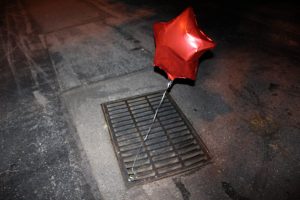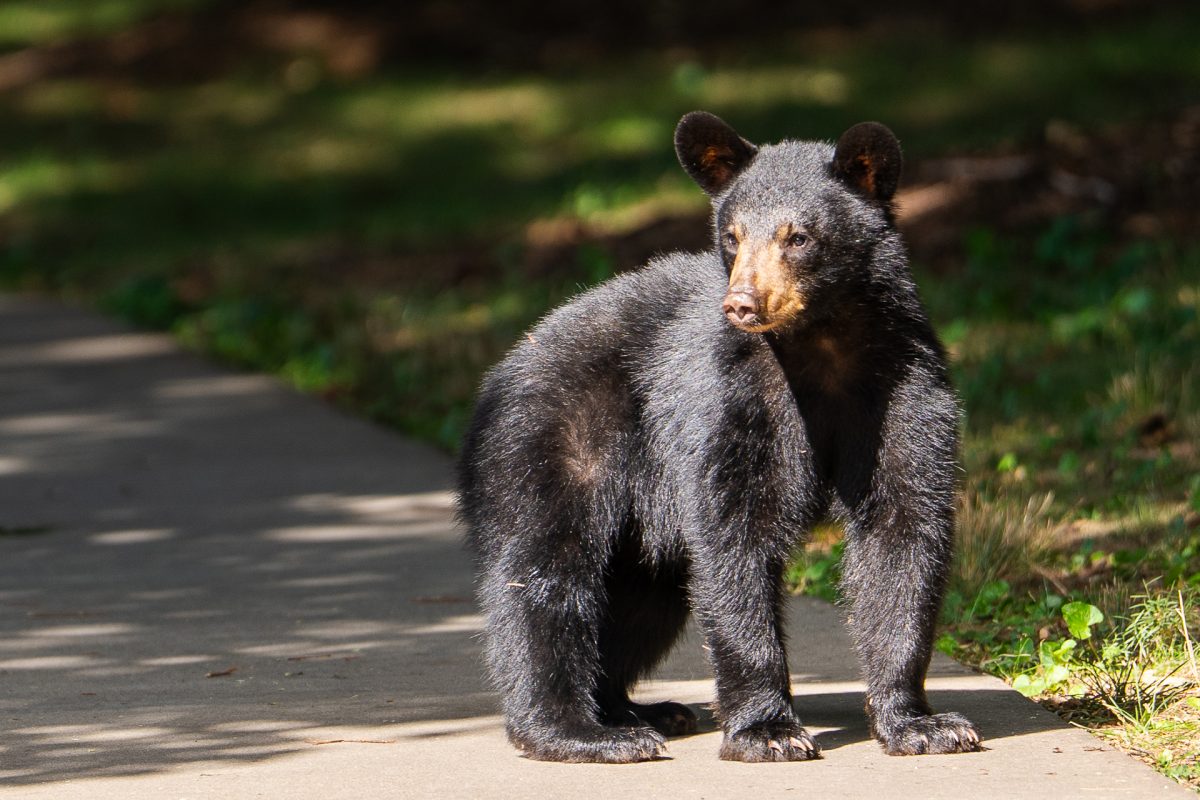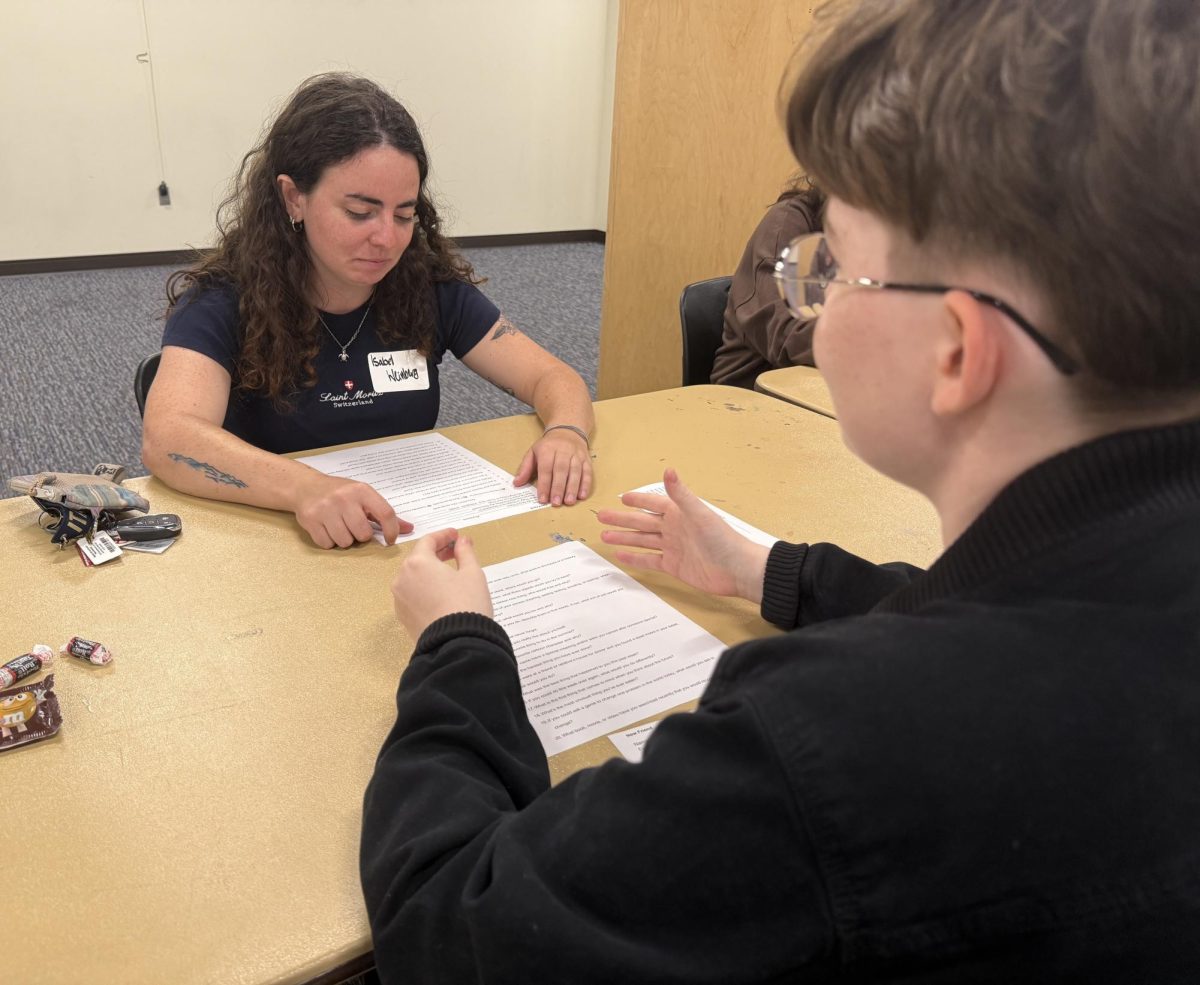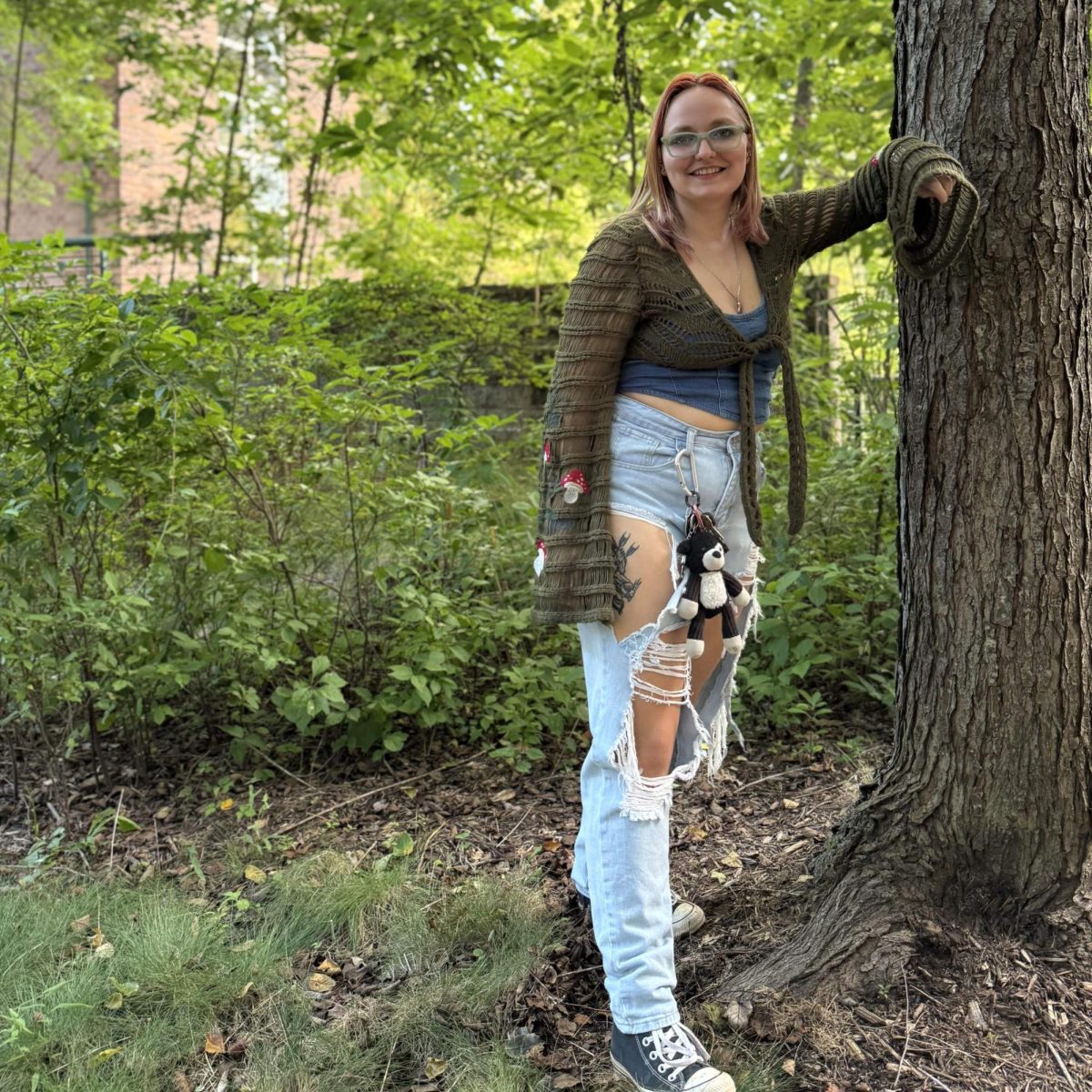By Amber Moser
A&F Staff Writer
[email protected]
For some people it is easy to be fearless. However, for others, there are some things in life so scary and so physically impactful that they are considered as more than fears; they are called phobias.
“Phobias is a big term and it can mean a lot of different things,” said Jay Cutspec, director of the UNC Asheville Health and Counseling Center. “Generally people with phobias have some level of anxiety. One of the ways they can benefit from what we do here is by dealing with that underlying anxiety.”
Every UNCA student is entitled to free counseling sessions at the Health and Counseling Center; however, Cutspec said phobias need to be treated with methods that the Health and Counseling Center cannot always offer.
“One way to deal with phobias is exposure therapy, and that kind of therapy we can do,” Cutspec said. “We try to give students the tools to overcome what they’re feeling, and we try to normalize it. We don’t see a lot of phobias, though.”
Although the Health and Counseling Center may not have seen them, there are several students on campus who suffer from phobias.
John Czysz is a student who struggles with a phobia. Czysz, a sophomore mechatronics student, said he exhibited signs of anablephobia, a fear of the vastness of space, from as early as age 7.
“I remember being uncomfortable as a kid when I went out on the beach at night, and it slowly progressed to being an actual phobia around my freshman year of high school,” Czysz said. “If I look at a star, I just think about how far away it is and I trip myself out. It’s the worst when I’m outside at night in a big open area. I’ll get vertigo and start getting very anxious.”
When asked about how this affects his daily life, Czysz said his phobia has become more manageable in recent years with the aid of professional help.

Photo by Holly Goswick.
“I’ve seen a counselor for the past couple of years to help deal with this and other general anxiety,” Czysz said. “But on days where I’m super stressed or tired, it can definitely affect me.”
Sophomore art student, Audra Lozada, unlike Czysz, suffers from a phobia that is more physically founded. Lozada struggles with gerascophobia, commonly known as the fear of aging.
“I’m afraid of aging and what getting older entails. For me, the worst part is thinking about the fact that as I age, I will likely lose some or even a great deal of the physical capability that I have now and will have during my youth,” Lozada said.
Lozada is not just frightened of physically aging, but also of the limited sense of time in one’s life.
“The passage of time in a limited life scares me,” Lozada said. “As I age, I’m losing more time from my lifespan and sometimes I feel like I could blink and I would be on my death bed, as morbid as that sounds.”
Unlike some people who suffer constantly from their phobias, Lozada does not often have to face this phobia without provocation.
“I wouldn’t say it affects my daily life, but sometimes if something existential comes up in conversation or class or something, it triggers thoughts about it. If I let myself delve into those thoughts, I get this overwhelming feeling of fear in my chest.” Lozada said.
Sophomore environmental student Katie Grace Brake also suffers on-and-off from a rarely heard of phobia. Brake is afraid of sewer grates, a fear which has no specific name but falls under the realm of trypophobia, the fear of holes.
“Sometimes, when I have to walk over a grate, my heart pounds so hard I can hear it. I’m not afraid of heights or of falling, but for some reason I can’t stand being able to see through what I’m standing on,” Brake said.
Brake said although she is not sure, she thinks her phobia may be founded in a children’s movie, of all things.
“It might have arisen from the first time I watched Homeward Bound and Shadow falls into a pit. You’re led to believe that he will die down there, alone and sad.”
Cutspec said all of these phobias can affect students in different ways, but it might be hard to understand what these individuals are going through.
“I think phobias are recognized, but generally our society is less understanding. I don’t think that, with a true phobia, people understand the level of anxiety that arises as a result of whatever that person is exposed to.” Cutspec said.
However, even though Cutspec said general society may not understand, he urges students to reach out to the Health and Counseling Center if they feel alone in their experiences.
“Sometimes students feel very alone in what they’re feeling, and we have a very open and understanding staff,” Cutspec said. “To have someone help you through something is always better than doing it on your own.”






















